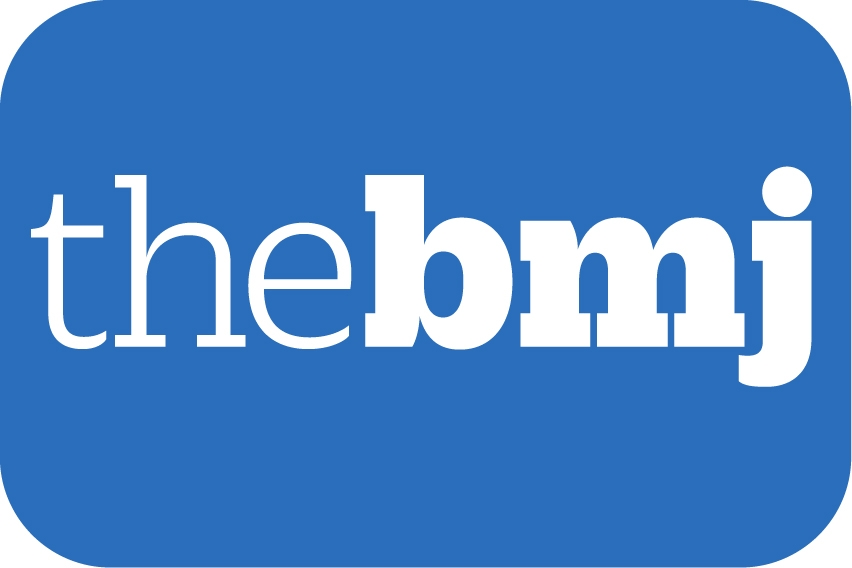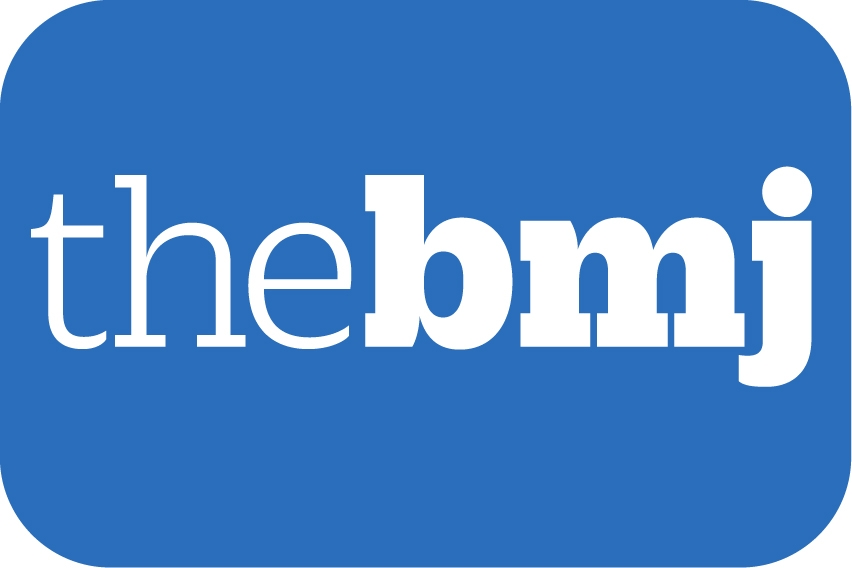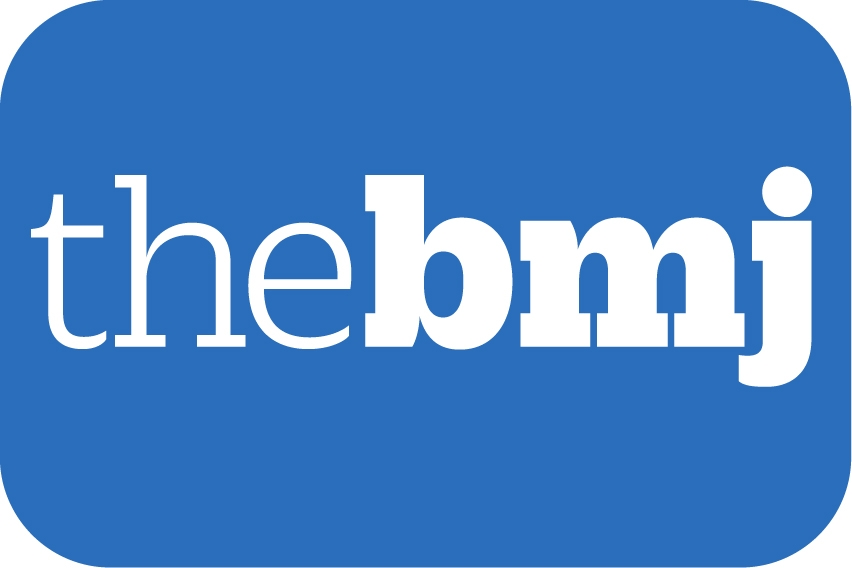内容精选
Content Selection
《英国医学杂志》主编推荐
The BMJ Editor's Choice
-

-
What to do about the "weekend effect"
时间:2015-09-10
发布:Fiona Godlee, Editor in Chief, The BMJ
分享:
Does being admitted to hospital at the weekend increase your risk of dying in the next 30 days compared with admission during the week? If so, is your death avoidable, and would a fully operational seven day service prevent it? A new Analysis article by Nick Freemantle and colleagues sheds some light on these questions but leaves many more to be answered (doi:10.1136/bmj.h4596).
The findings confirm these authors’ previous work published in 2012 (doi:10.1258/jrsm.2012.120009). They find that patients admitted on Saturdays and Sundays have an increased relative risk of death of 10% and 15%, respectively. They also find a smaller increased risk of death for patients admitted on Mondays and Fridays, extending the “weekend effect” to those days. They conclude that around 11 000 more patients die each year within 30 days if they are admitted between Friday and Monday than if they’re admitted on other days of the week. When adjustments are made for the fact that patients admitted at weekends are sicker, the increased risk of death within 30 days is less but still present and, in the authors’ words, not ignorable.
What these figures actually mean is now hotly debated. The secretary of state for health seized on them before they were published to support his call for more senior consultants to work at weekends. This leap, from a statistical excess of deaths in patients admitted at weekends to a solution focused on more senior medical staff working at weekends, is just one way in which these data are being abused and the public misled.
The weekend effect is real, concludes Helen Crump in her review of the evidence (doi:10.1136/bmj.h4473). Paul Aylin confirms this in his Editorial but explains that we are left with a range of possible explanations (doi:10.1136/bmj.h4652). These need to be scrutinised before assumptions and suggestions harden into policy. The evidence is conflicting but seems to point more to the importance of a fully functioning service than to simply needing more senior medical cover. One study found no weekend effect on intensive care units, which have more consistent staffing levels. Another found that the weekend effect was not reduced if stroke specialists did ward rounds seven days a week but was affected by the level of nurse staffing. This link between nurse staffing and overall hospital mortality has been reproduced, says Aylin, in a recent very large European study.
Whether the right answer is more senior medical cover or an overall improvement in staffing levels at weekends, the cost is likely to be substantial, as Martin McKee points out, possibly exceeding the cost per quality adjusted life year threshold set by NICE (doi:10.1136/bmj.h4723).
Clearly something needs to be done to reduce the risk of death in patients admitted to hospital at weekends. But using these data to beat up on senior doctors, most of whom already work at weekends, is neither constructive nor evidence based. We need a dispassionate look at the existing evidence, a focused effort to improve the evidence base, and a collaborative debate about the best response.
BMJ 2015; 351 doi: http://dx.doi.org/10.1136/bmj.h4840 (Published 10 September 2015)
Cite this as: BMJ 2015;351:h4840 -

-
Food for thought
时间:2015-09-07
发布:Elizabeth Loder, Acting Head of Research, The BMJ
分享:
“During the past month, about how often did you eat hot spicy foods?” Jun Lv and colleagues put that question to over half a million Chinese adults (doi:10.1136/bmj.h3942). In 3.5 million person years of follow-up the risk of death was consistently lower in those who ate spicy food regularly than in those who ate such food less than once a week. The authors acknowledge that residual confounding is possible despite their attempts to adjust for other risk factors. Editorialist Nita Forouhi underscores the need for caution, saying that it is too soon to know whether spicy food directly reduces the risk of death or is simply “a marker of other dietary and lifestyle factors” (doi:10.1136/bmj.h4141).
Nutritional epidemiology studies are always a tease. They are intriguing but cannot show cause and effect (doi:10.1093/ije/dyg216). They depend on self reported recall of food intake, which is imprecise and subject to limitations of memory. Food writer Michael Pollan has said that “to try to fill out the food-frequency questionnaire used by the Women’s Health Initiative, as I recently did, is to realize just how shaky the data on which such trials rely really are” (http://nyti.ms/1M95sdJ). Food consumption is often measured only at the start of a study, yet follow-up may extend over years or decades, making it difficult to account for changes in dietary habits.
Perhaps the biggest problem is that diet is intimately bound up with—and difficult to disentangle from—many other things that influence health, including other health behaviours as well as wealth and education. John Ioannidis has suggested that even consistent results across studies may reflect not causality but “a literature that is written, peer reviewed, and edited by fervent believers who will not accept any result other than what perpetuates their beliefs” (http://bit.ly/1IJV4ql).
Sceptics of nutritional epidemiology will be tempted to say “I told you so” about the news that major changes are ahead for US dietary guidelines. The advisory committee for the guidelines says that recommendations to limit cholesterol and total fat intake should be abandoned. The type of fat rather than the quantity seems to be most important in determining blood lipid levels, and attention is now focused on the benefits of the traditional Mediterranean style diet.
Editorialist Daan Kromhout says this change in recommendations represents a major reversal of policy because “the low cholesterol, low fat diet has been the cornerstone of public health nutrition since 1980” (doi:10.1136/bmj.h4034). Certainly recommendations to reduce overall fat intake have done nothing to curb the obesity epidemic and may have contributed to it. Obesity rates have risen dramatically despite reductions in fat intake, perhaps because low fat foods are not always low in calories or sugar (doi:10.1159/000229004).
While we wait for the nutritional experts and epidemiologists to sort it all out, just what should we be eating? Michael Pollan’s famous answer to that question seems the best one: “Eat food. Not too much. Mostly plants.” And while you’re at it, why not hedge your bets by dousing those vegetables with chilli sauce?
BMJ 2015; 351 doi: http://dx.doi.org/10.1136/bmj.h4249 (Published 06 August 2015)
Cite this as: BMJ 2015;351:h4249 -

-
It's time to apologise
时间:2015-09-01
发布:Fiona Godlee, Editor in Chief, The BMJ
分享:
Jeremy Corbyn says he'll apologise for the Iraq war if he is the next leader of the Labour Party. Along with the wearily awaited Chilcot report to explain and apportion blame, this could offer some degree of closure and some lessons to be learnt.
Apologising when things go wrong for patients should be a simple matter. For UK doctors, the need to be open and honest with patients is enshrined in guidance from the General Medical Council. But it's not always clear when to apologise or how to do so without necessarily admitting or apportioning blame. Sadly, as Nigel Hawkes explains, the UK's new statutory duty of candour doesn't entirely resolve these questions (doi:10.1136/bmj.h4474). After explaining the law, he concludes: "the position now—paradoxical, some may think—is that doctors should apologise promptly after a safety incident, whether the mistake is theirs or not, but cannot be compelled to apologise if the incident goes to a [fitness to practise] panel and they are found to be at fault." More comfortingly, he reminds us that apologies are not always for making a mistake but for the fact that medicine is an imperfect art.
Whatever the cause of a medical mishap, apologies are likely to become more frequent and more necessary. The NHS is already getting almost 4000 written complaints a week (doi:10.1136/bmj.h4639) and the financial squeeze has more pain in store. As Kieran Walshe and Judith Smith report in their Editorial, last year's deficit of £820m looks likely to be trebled this year, and after 100 days in office this government's only plan seems to be to squeeze harder (doi:10.1136/bmj.h4670). Walshe and Smith say this won't work. The NHS needs to radically reconfigure. Opportunities lie in two emerging ideas: devolution of financial control to local level and the new models of care being tried at NHS England's vanguard sites and other locally led initiatives. Neither will save money in the short term, they say, but both offer a chance to reshape services and make them more affordable in the longer term.
It has become customary, in these pages and elsewhere, to take a swipe at the Health and Social Care Act when bemoaning the state of the NHS. I sometimes wonder if this is a cheap trick. Walshe and Smith are in no such doubt. The NHS has survived financial constraints in the past, they say, but the Lansley reforms have left it unable to respond either to the day to day pressures or to the new opportunities. Much of the organisational architecture and management capacity that dealt with pressures in the past was "foolishly stripped out" by the act, leaving no clear leadership at the regional level. And the act is now a major barrier to change, they say. "Devolution and the vanguard models of care cut right across the logic of competition and choice embedded in the legislation." Sooner or later, they say, the legislation will have to be substantially rewritten. We are all still waiting for an apology.
BMJ 2015; 351 doi: http://dx.doi.org/10.1136/bmj.h4695 (Published 02 September 2015)
Cite this as: BMJ 2015;351:h4695




 京公网安备 11010502034496号
京公网安备 11010502034496号